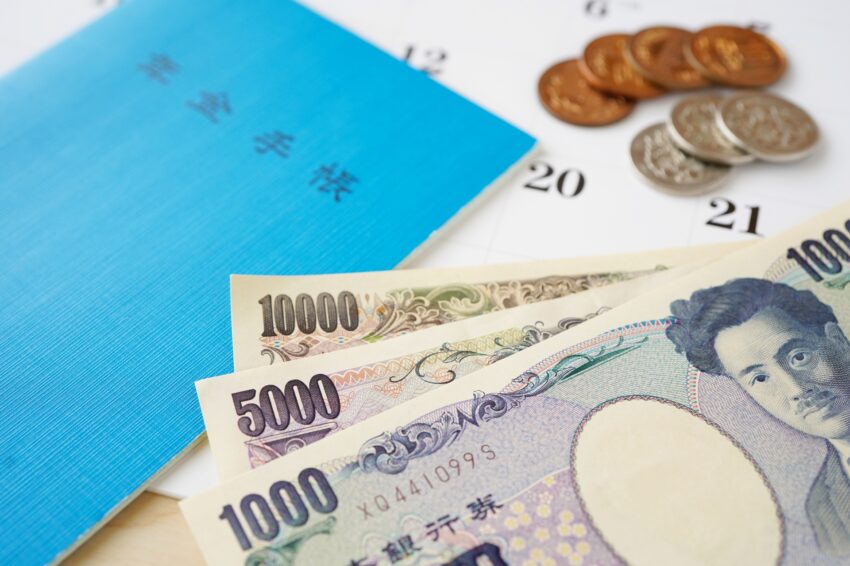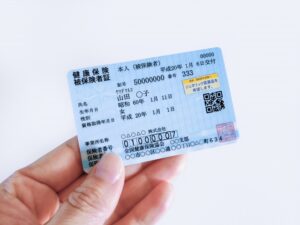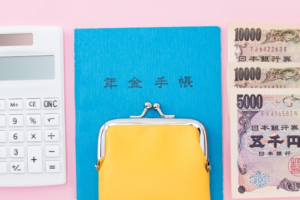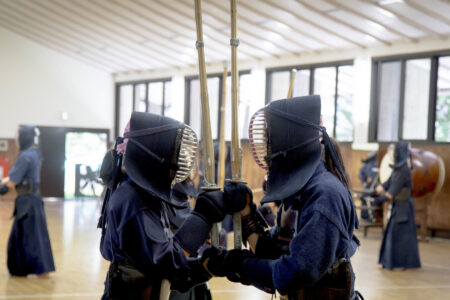Japan’s Pension Explained (Part 1)

While life in Japan can be one full of adventure and excitement, there are also many responsibilities that newcomers may not be aware of. One such obligation is the need to pay into the national pension system. It isn’t always explained very well in advance, which can lead to problems down the road. It just seems to be something you need to figure out for yourself. But no more! Here is a basic beginner’s guide to the ins and outs of the pension system.
Help! I’ve got mail
For those new to Japan, at some point after registering your address, you’ll get a mysterious thick envelope full of slips. You get a lot of junk mail though, so maybe you ignore it, or toss it into a pile to be forgotten about.
 Then you start getting letters. These seem non-threatening and reasonable, but still, nobody’s really explained what they are or what you do with them. Maybe your Japanese reading skills aren’t quite there yet, so you ignore them too. Eventually the same letters come in with red text and lots of exclamation marks.
Then you start getting letters. These seem non-threatening and reasonable, but still, nobody’s really explained what they are or what you do with them. Maybe your Japanese reading skills aren’t quite there yet, so you ignore them too. Eventually the same letters come in with red text and lots of exclamation marks.
We ask our expat friends for advice. But they keep telling us that nobody has to pay for pension. It’s like paying for NHK- there’s all sorts of loopholes and even a sizable portion of Japanese people don’t actually do it. Yet we can’t help but feel that something is off.
A confusing necessity
On the one hand, Japan’s taxes and expenses take away a large chunk of our income as it is, making the monthly Japan Pension bill fee like a straw which can break the camel’s back. We’re already paying for housing, plus everything else. On the other, not paying pension feels like not paying taxes. There’s just something wrong about leaving it hanging over you like that.
Then you start to worry. What if some suits shows up to your door one day demanding a cartoon sack full of money you don’t have? What if it leads to further trouble down the line, such as when it comes time to renew your visa or purchase property if you’ve decided to stay long term?
When one takes a step back, paying seems obvious, right? If you live in the US for example, you pay into Social Security; the same would be true of anywhere else with a similar system. Yet for some reason Japan’s version has always had a labyrinthine air about it for overseas residents.
Fortunately, there are ways to navigate and understand the pension system so that you can benefit from it too. If your plan is to stay long term and make monthly payments, you can reap the rewards. If your future likes elsewhere, it is legally possible to apply for an exemption (more on this later).
What is the National Pension System?
Kokumin nenkin (国民年金) or National Pension, is a system for all residents between the ages of 20 and 59 years old, including foreign residents living in Japan. By paying monthly premiums for over 10 years, an individual will be able to receive a pension payment back to assist them in retirement (over 65). While it is generally recommended to have other sources of funds (such as personal savings) the pension exists to make retirement easier (even then, some in Japan choose to continue working part-time jobs even after 65!)
Do I have to pay into the National Pension System?
The straight answer: yes. All residents, irrespective of their nationality, must be covered by the National Pension system and pay contributions by law. Following the introduction of the My Number (マイナンバー) system, the Japanese government has been a little more strict in ensuring all eligible residents who can pay are paying in.
 It’s important to note that there is something called the employees’ pension insurance (kosei nenkin, 厚生年金), part of the social insurance (shakai hoken, 社会保険), system which combines it with health insurance (kenkou hoken, 健康保険).
It’s important to note that there is something called the employees’ pension insurance (kosei nenkin, 厚生年金), part of the social insurance (shakai hoken, 社会保険), system which combines it with health insurance (kenkou hoken, 健康保険).
If your employer enrolls you in social insurance, they should pay part of the monthly premium. You should not be paying into the National Pension separately, as it’s essentially part of the same system. And you don’t need to be paying in twice!
Why pay into the Pension System?
A misconception among some foreign residents living in Japan is that they don’t have to pay. If you’re only planning to live here for a few years, and not a citizen, why bother, right? The problem is that you’re running into a potential legal minefield if you do. Paying into the pension system is a requirement of all residents of Japan- including citizens and non-citizens alike. This is because non-citizens are able to benefit from the pension system as well. There are advantageous to paying in even if you only plan on staying less than 5 years.
 For example, many come to Japan to teach English for 2-3 years and then decide to move on to another country or return home. What they don’t often realize is that they can receive a portion of their pension payment back.
For example, many come to Japan to teach English for 2-3 years and then decide to move on to another country or return home. What they don’t often realize is that they can receive a portion of their pension payment back.
If one decides to leave Japan permanently before retirement age, and meets the conditions (and has paid in for at least six months), they can collect the money owed to them as a lump-sum amount. For short-term stays, this gives one a little extra cash upon leaving, which can help with settling down for the next chapter of your life.
For those looking to stay long-term, it’s pretty much a no-brainer. If your plan is to live and work in Japan until retirement age, you’re going to want to make use of all the benefits afforded to you. Much like its healthcare, the Japanese pension system is excellent for those who learn about it, understand it and make use of it.
Okay, but do I need to pay?
As mentioned, there is a completely legitimate and legal way to get an exemption from the pension system. We’ll cover that in Part 2 of this guide, coming soon!
Until then, enjoy Golden Week!
Images:
Cover Image: きぬさらさん on PhotoAC
1: KK2890さん on PhotoAC
2: ゆきだるまさん on PhotoAC
3: sommeilさん on PhotoAC
All other content provided by the original author.
RELATED
-

A Beginner’s Guide to Apartments in Japan
Top photo: Joseph Albanese on Unsplash Searching for a place to live is a daunting task, even in the familiar… -

The Way of the Sword
The martial arts of Kendo and Iaido are distinctly Japanese and a part of Japan’s rich culture. Kendo has worl… -

The Perfect Next Step
Top photo by Darklanlan , used under the Creative Commons CC0 1.0 Universal Public Domain Dedication. (CC0 1.0…
PEOPLE

Dana Argenziano
From the USA
Has experienced Japan for 3 years


